Absolutely Education visits Sevenoaks School in Kent, a place with a long tradition of cherishing innovation and academic excellence
When you visit Sevenoaks School it looks and feels like the very model of modernity, yet it has a foundation date (1432) that puts it firmly within the super-league of historic English schools. The aura is contemporary – certainly comfortably 21st-century British, with mellow Kentish ragstone set amid smart purpose-built spaces. . There are modern sculptures by Old Sennockian Oliver Barratt, an art teacher here whose work has been shown at The Guggenheim, Venice and the Royal Academy. And all of this in a lush 100-acre parkland setting on the fringes of an ancient Kent market town.
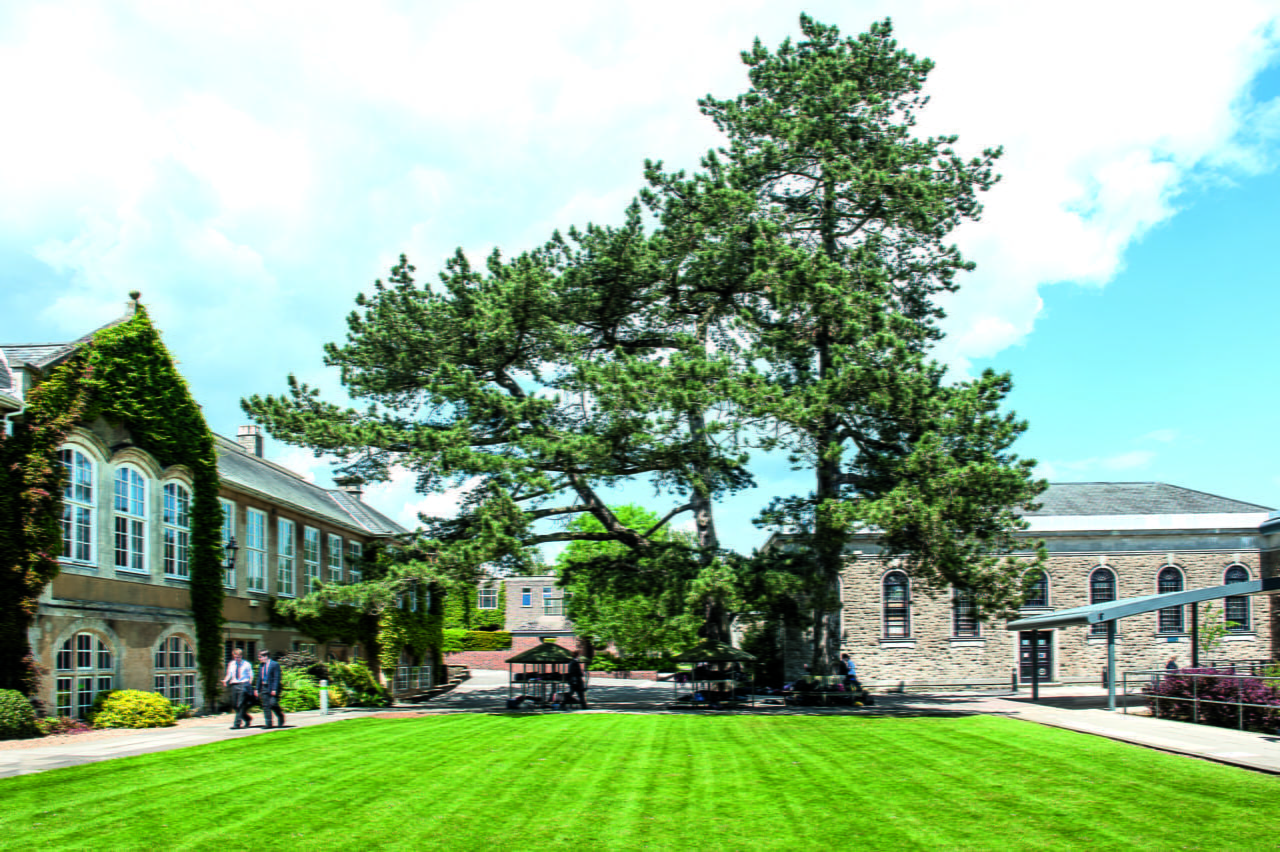
Despite the old and new juxtapositions, there is no sense of contradiction; this is a school that wears its history lightly. It’s worth remembering that even when it was founded by William Sevenoke – local boy made good who wanted others to have similar life chances – it was progressive by the lights of the time as an entirely secular school. If there is one school tradition the school holds dear, it is the cornerstone of always championing a forward-thinking and liberal approach to education.
That tradition is one that new Headmaster Jesse Elzinga – who took up his role in September 2020 – is more than comfortable with. He’s happy to give specific examples of the ways in which this historic school continues to live up to its liberal vision. First up is the co-educational setting, which Sevenoaks put in place almost 50 years ago, a good few decades ahead of the pack. “A lot of families today believe in co-education, and with good reason. The world is co-educational, the workplace is co-educational; universities are, so schools should be as well. It is the most natural environment for children to grow up in,” he says.
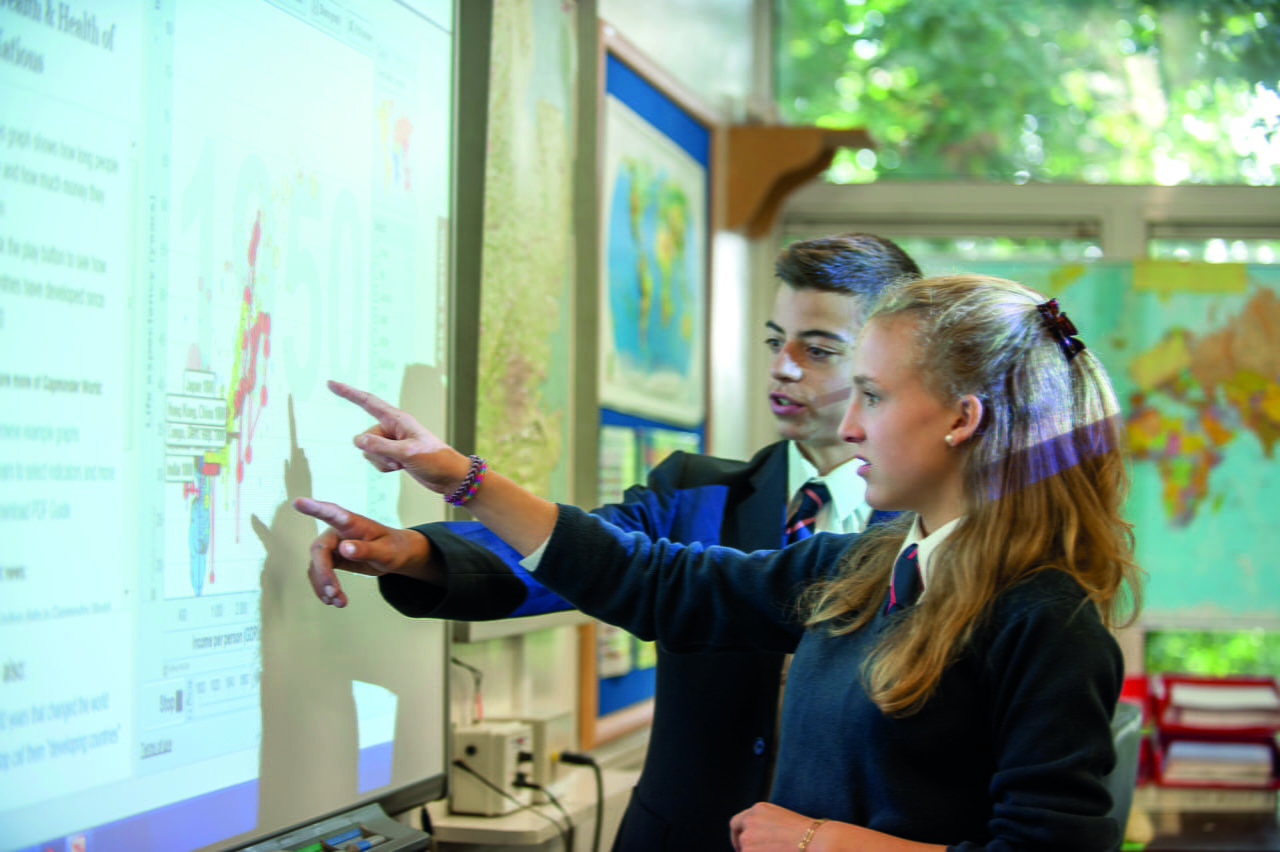
The co-ed environment is popular with parents but also works academically, for the school report card is A-star. There’s the ISI Excellent rating for both Pupils’ Achievement and Pupils’ Personal Development and the Sunday Times Secondary School of the Year award twice this century, most recently in 2018. The long list of accolades testifies to a well-rounded education with serious academic mettle. You can’t help but notice the school’s achievements with the International Baccalaureate Diploma – it is consistently ranked among the global leaders for IB achievement.
The IB is Jesse Elzinga’s second example of Sevenoaks’ progressive credentials. The school was a very early adopter of this academic pathway, first offering it over 40 years ago and becoming exclusively IB at 16+ almost 15 years ago. “The IB is the gold standard in education for the 16 to 18 age group. It’s not just the breadth of the curriculum, it’s the coherence. It is balanced, and I haven’t seen another curriculum this sound,” he says. “The school has really flourished because of that. It has become part of our identity and – as with our co-educational approach – it draws people to the school.” Elzinga has deep insight into the IB curriculum in principle and practice, since he helped to introduce it at St Edward’s Oxford (where he was Director of Studies) and also at Whitgift, where he started his teaching career.
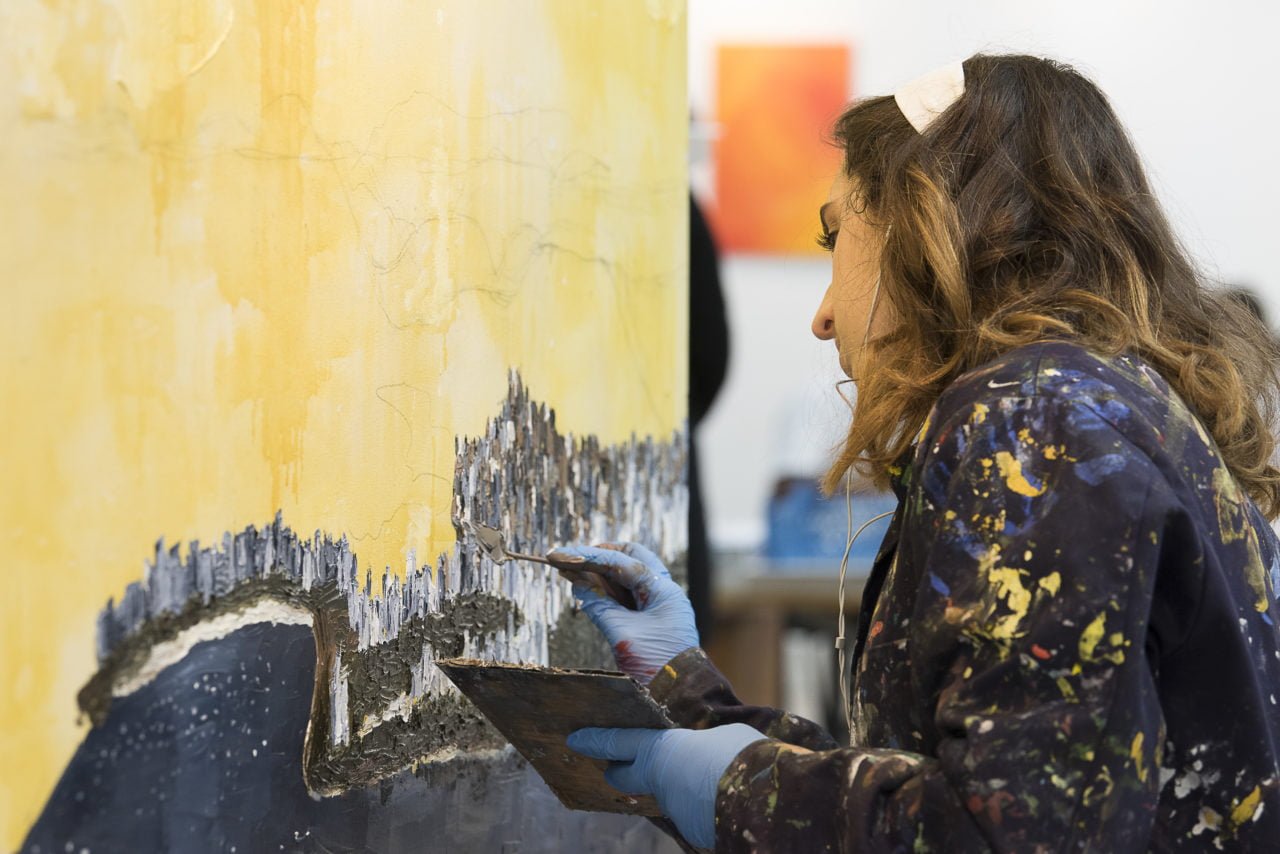
After St Edward’s, Elzinga moved on to Harrow as Director of Studies and then he became Headmaster of Reading Blue Coat from 2016. There, he presided over the best results in the Berkshire school’s history. Raising academic standards was the headline, but the significant back story is that during his tenure the school also established a development office and stepped up its outreach and partnership programme.
No coincidence that outreach and partnership is the third element that Elzinga cites as evidence of Sevenoaks School’s liberal and forward-thinking mindset. “We started our voluntary service unit here back in the 1960s,” he says. “What is more, every student has to do 50 hours of service as part of the IB Diploma. I can say definitively that every student that leaves here has already done a large number of hours of meaningful work.” So why is the element of service as part of school life so important? “It’s important that our young people recognise that they are in a position of privilege and with that privilege comes responsibility,” he says. “Research shows that when people get involved in charitable work in their younger years they are much more likely to be involved as an adult. They are much more likely to be a responsible citizen with a social conscience.” When it comes to school partnerships, Sevenoaks doesn’t like the term outreach, with its ‘them and us’ flavour. But it does have a truly comprehensive network of school partnerships and sponsorships across Kent and makes its facilities available to other schools and the wider community – another element of giving something back, of sharing.
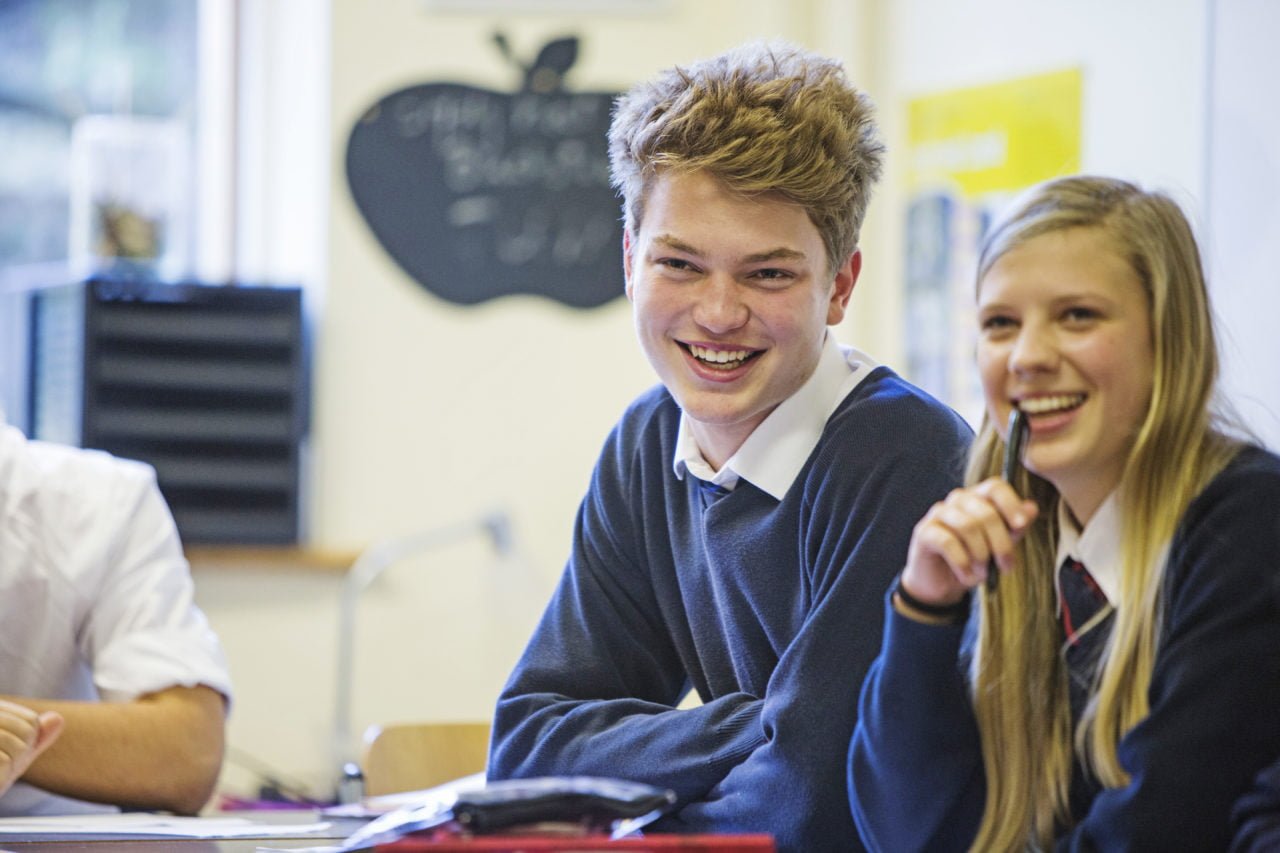
The school has a Headmaster who views the complexities of the UK education system through a different lens because Jesse Elzinga is American. He comes from a small farming community south of Detroit, where his parents ran an apple orchard. So, as he describes it, a modest background and local high-school education, after which he earned a bursary to Harvard (where he studied Comparative Religion & Philosophy). He points out that being supported as a Harvard student really wasn’t unusual. “It is still the case at Harvard, and at other leading US institutions, that majority of students are on some sort of financial aid. This has absolutely influenced my approach to education and my priorities here and at other schools where I’ve worked.” His second scholarship took him onward to Oxford for a postgraduate degree focused on ethical philosophy and he stayed. Now Elzinga is a dual citizen and with a family here. His surname, by the way, is Dutch origin (Friesland) and there’s a Liverpudlian grandmother in the mix.
Perhaps here is a fourth example of Sevenoaks’ forward-thinking mindset because its new Headmaster approaches that most well-worn British education debate with refreshing clarity. “Every student who earns a place should be able to come and enjoy our school,” Elzinga says. He believes that independent schools should not apologise for their facilities or high academic standards they because they show what a school can be. He also believes – and says that many independent Heads he meets feel the same – that the whole UK sector can change perception by widening access. “For instance, Harvard, a private university, doesn’t get criticised for being an elitist institution but praised for financial packages and transformational opportunities,” he adds. “For me this is partly personal. The vast majority of my education was paid for by the generosity of others.”

While Sevenoaks may not be among those schools blessed with huge endowments, it does have a long tradition of generosity, of giving back. This is certainly one that the school community of current parents and old boys and girls (known as Old Sennockians or, more familiarly, OS) responds to enthusiastically. The school already has many students on more than full bursaries (110%), but the ambition now is to take this further by building an endowment that can offer many more means-tested places. “Our aim here at Sevenoaks is to really be that school for the community that our founder wanted us to be,” says Elzinga.
The new Headmaster from Detroit already feels right at home in this community. “I don’t sound like I’m from Kent, but I do sound like I’m from Sevenoaks.” By this he means that Sevenoaks town has a distinctly cosmopolitan edge – sitting as it does in prime commuter belt, just over 30-minutes’ train ride from central London and conveniently close to Gatwick. School matches town for its cosmopolitan flavour. “It’s almost the norm here to have lived in another country, to hold a second passport, to speak another language,” says Elzinga. Around a fifth of students at Sevenoaks hold international passports and live abroad, while at Sixth Form level almost a third are from overseas. This remains a key draw for many families. “We’re not an international school but we attract families who like our international perspective.” While boarding is a crucial part of the mix – around 40% – there are some 800 day pupils drawn from in and around the town.
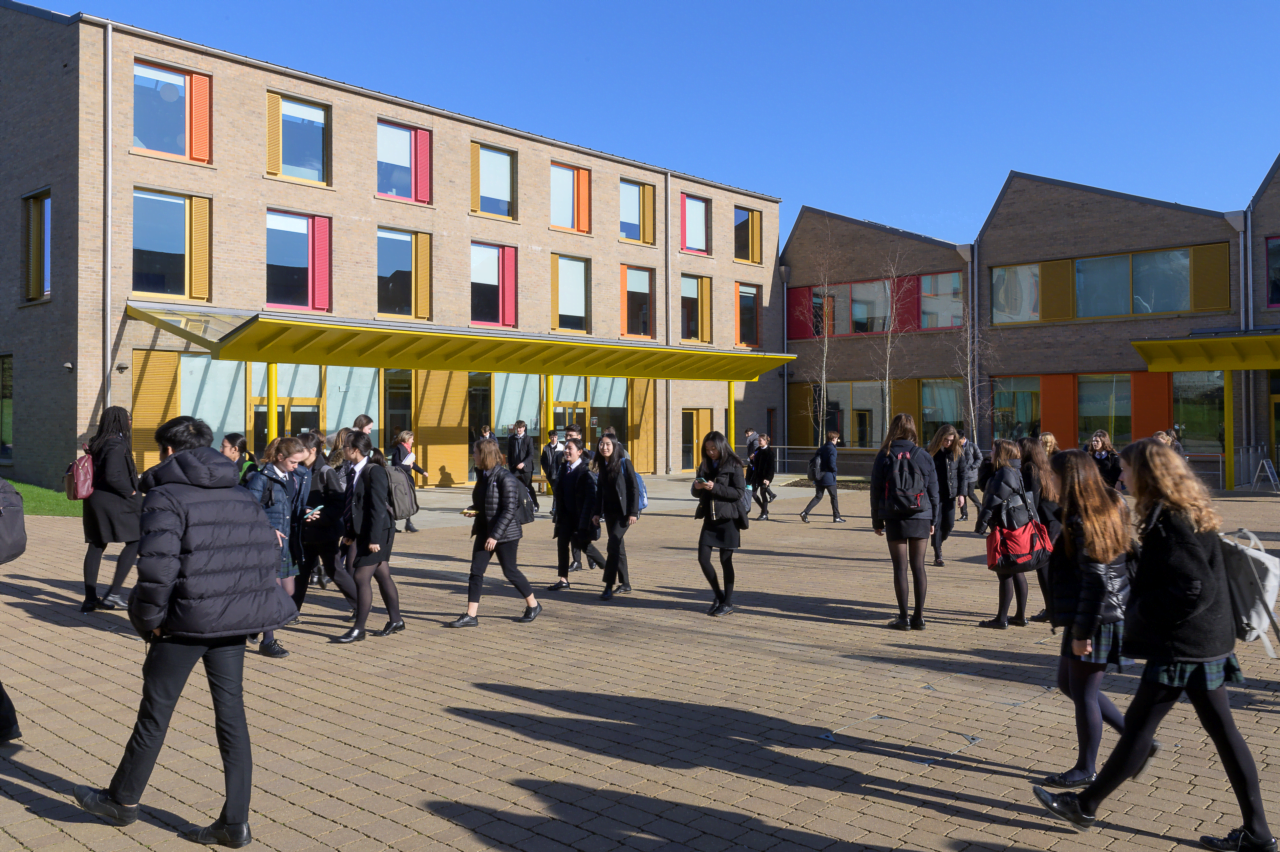
As a visitor, it feels rather as if you have arrived at a smart university, rather than a school. There’s a modern campus look, and it also seems vast (although I’m assured newbies quickly find their way around), with 30 plus school buildings ranged round its two quadrangles, Jockey’s Platch and the Flat. There are also plenty of breakout spaces on its beautifully landscaped lawns. Social time is taken seriously here – Lower School, Middle School and Sixth Form each have their own Common Room. That said, the Sixth Form bagged the best spot, That said, the Sixth Form bagged the best spot, with a light-filled space offering daily newspapers, adjoining quiet study areas and a music system to inspire spirited playlist conversations. The Tutor System is robust, as is wider pastoral care, and Sixth Formers can also opt to train as Peer Mentors – sibling-style helping hands to younger pupils.
The teaching and learning facilities are, as you’d expect, progressive. The Science and Technology Centre is particularly impressive, with open spaces, central staircases and classrooms with glass walls featuring display shelves – shop-window style – of interesting objects and talking-point artefacts. The Visual Arts block shows a high level of creativity and just the right level of messy – always a sign that serious art is in progress. IB Diploma students are given their own dedicated art spaces to work in for the duration, just like professionals, and their artworks get shown not just around the school but in a professional London gallery. The school’s standout public area is The Space, with superb acoustics in the main Pamoja Hall, a smaller Recital Room, a recording studio and a dizzying array of practice and teaching spaces. Sackville Theatre also has a professional feel and is well used for dynamic drama productions – both are huge assets to school and town.
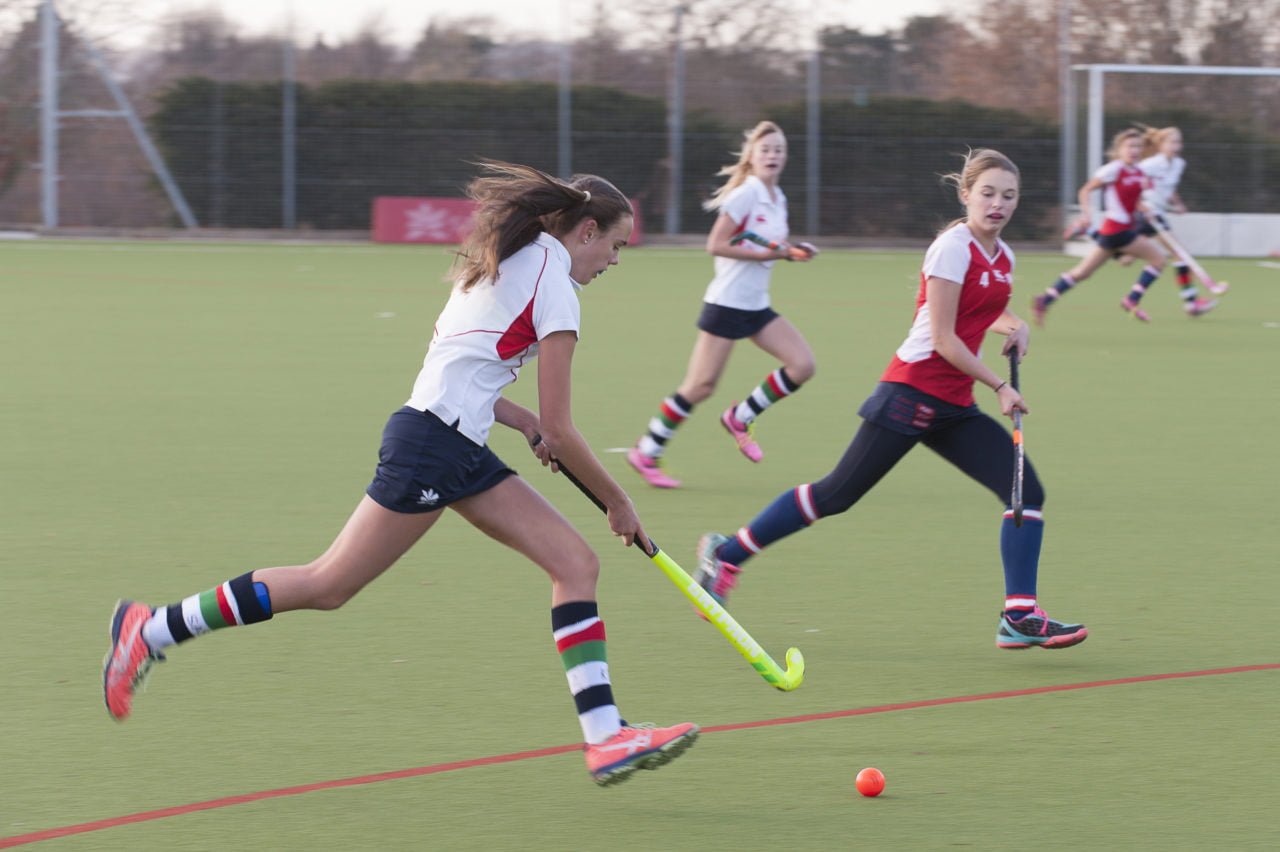
Sport is a big deal here, with 43 different timetabled options and extra-curricular clubs on offer. The Sennocke Centre offers the kind of facilities you’d expect from an extremely well-appointed city sports centre – climbing wall, UV-treated pool, three indoor tennis courts plus gym and fitness spaces. All the main team sports are played in the grounds, and with multiple pitches and outdoor courts. Jesse Elzinga happens to have been a top-flight rower himself – three-time national champion at Harvard and Oxford – and also a cyclist with the distinction of having raced twice against Sir Bradley Wiggins in the British Time Trial Championships (he reminds people he lost both times!). He is still a triathlete and runner and believes that a school’s job is to offer the widest number of fixtures at different levels across the whole range of sports. “Our emphasis is that all the students are involved and hopefully will build lifelong habits, appreciating the role that sport and exercise plays in a healthy life.”
So far, this current academic year has not allowed for the normal flow of sports fixtures or come to that, the many arts and social events that punctuate the busy life of a school. This makes the job of an incoming Headmaster more difficult when it comes to getting to know pupils and key stakeholders – but Elzinga has taken that challenges in his stride. He says he’s impressed by the ways in which technology has moved in so quickly to assist in meetings, lessons and the rest, opening up opportunities in how we teach and learn in the future.
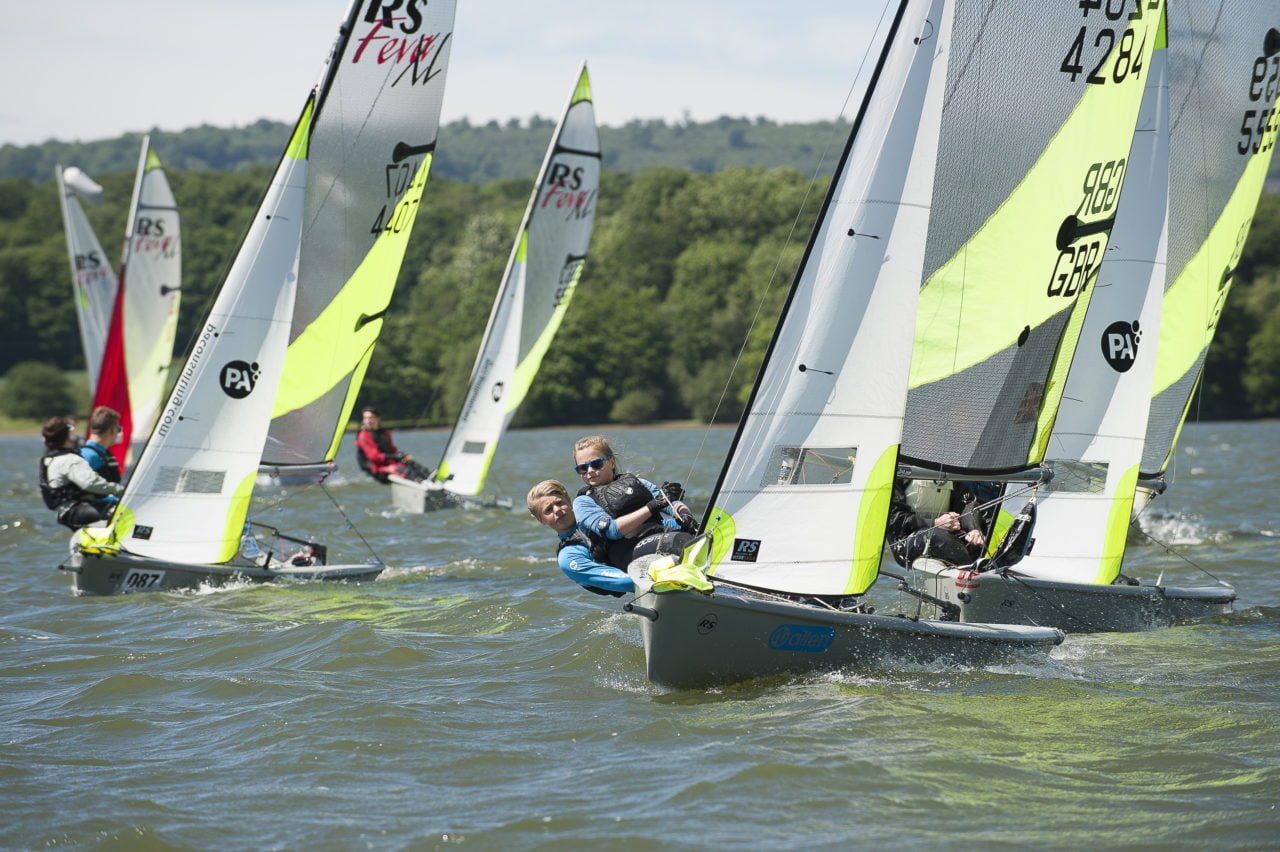
As an example of how far and how fast, he recalls an early March 2020 event he attended for HMC school leaders at Apple’s Regent Street headquarters. “This was still at the stage when we didn’t know what was to come. I stood up at the end of the demonstration and said: ‘this is great, I think my teachers are about two or three years away from embracing this sort of technology’. A month later we were using it!” While the switch to online learning worked well and has received really positive feedback, Sevenoaks’ Headmaster is looking forward to the return of school as it should be. “It will be wonderful for the full range of activities to happen again – to pack out our performance arts spaces, to sing, to have sports fixtures, and for the students to be able to be with each other without wearing a mask.”
Jesse Elzinga remains resolutely optimistic about the future – and is a firm believer in young people’s resilience and ability to see clearly the challenges that lie ahead of them. “I said in my first assembly: ‘I am so excited about being here at Sevenoaks, in a place where we discuss what’s going on in society’”, he says. “Our students are very bright and they are well informed. I’m confident they are going to go on to positions of leadership in society and I do believe they are going to make the world a better place.”
At a Glance
Sevenoaks School
Founded: 1432 by William Sevenoke
Head: Jesse Elzinga, since September 2020
Gender: Co-ed
Number of pupils: 1,163 (468 in Sixth Form)
Day or boarding: Day. Boarding – 13+ and 16+.
Ages: 11-18
Points of entry: 11+ (day only), 13+, 16+ (day and boarding)
Admissions: Selection through entrance test, current school references, interviews and reports.
Religious affiliation: Non-denominational
Fees: Day per term – from £8,097; boarding per term – from £12,930. Sixth Form entry, day per term – from £9,195; boarding per term – from £14,028.
Address: Sevenoaks School, High Street, Sevenoaks, Kent, TN13 1HU
You may also like...






























